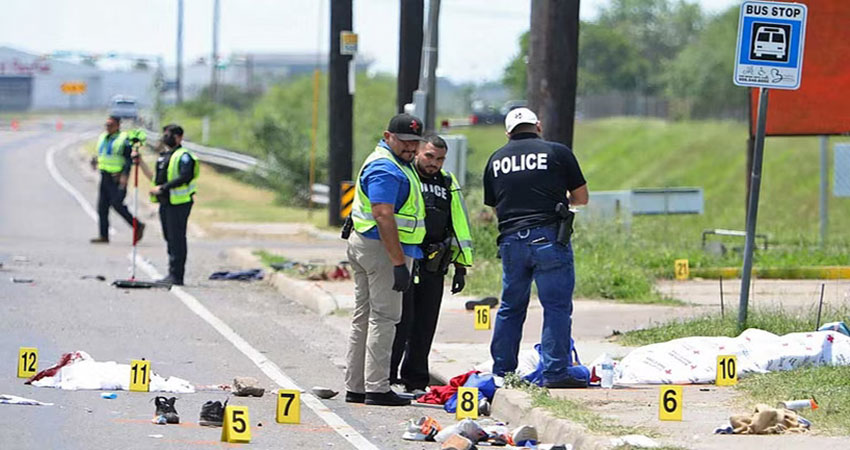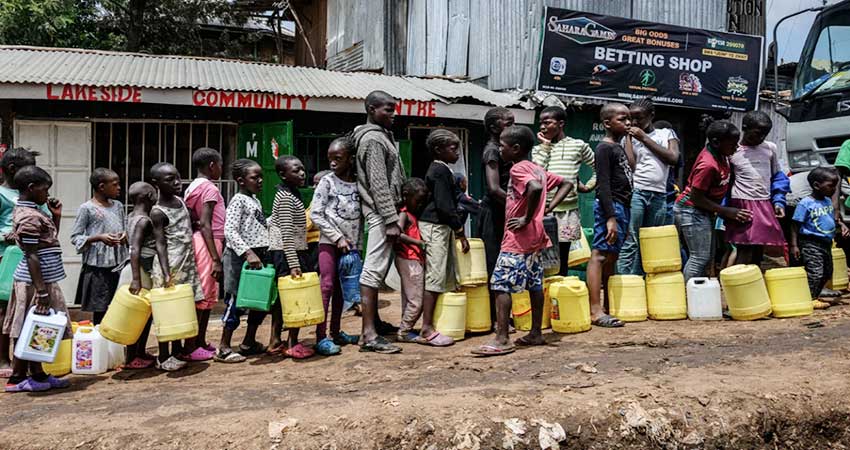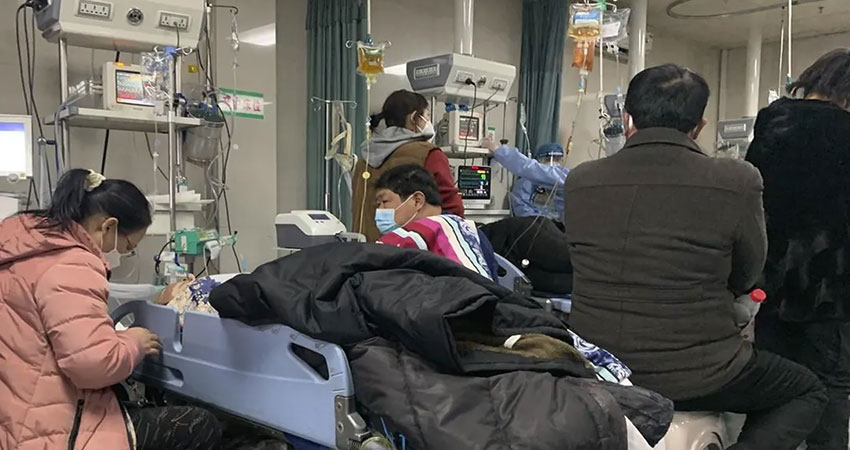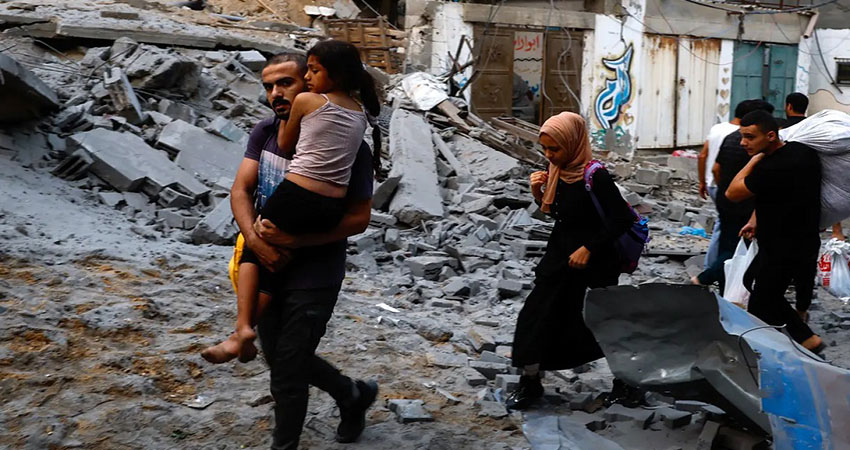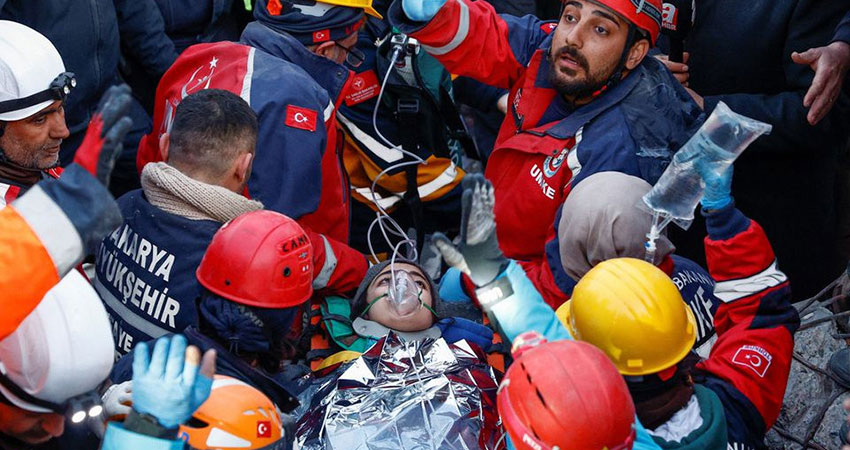Entertainment dask
Filmmaker Zahir Raihan used to call the film ‘Let There Be Light’ his dream project. He had also shot parts of the film back in 1970 but couldn’t complete it. The film hasn’t been released even after five decades. Filmmaker Zahir Raihan had announced the film ‘Let There Be Light’ in 1969. While announcing the film from an event at InterContinental hotel in Dhaka he said that the film was his dream project.
In that event the filmmaker had introduced Omar Chishti and Olivia Gomez as the leading actor and actress of the film. But before starting to shoot the film Zahir Raihan dramatically switched his actress. Replacing Olivia he finalised Babita in the film. The filmmaker started filming the movie towards August 1970 to highlight the cries of people killed around the world in the name of religion, caste, race and culture. Zahir Raihan himself was the cinematographer of the film. In the middle of the film’s shooting on 25 March 1971, Pakistani occupying forces carried out genocide on the Bengalis in the name of ‘Operation Searchlight’. Stopping the film, Zahir Raihan left Dhaka in April to take part in the liberation war. The film was shot in English. The artistes delivered dialogues in English. But there were no script. Zahir Raihan used to brief artistes on the dialogues and scenes on the spot. He produced four documentaries on the genocide and the liberation war of 1971. Zahir Raihan returned to Dhaka after independence. This filmmaker was martyred while going in search of his brother Shahidullah Kaiser at Mirpur. He couldn’t complete filming his dream project ‘Let There Be Light’. A set had been built for the film on FDC’s floor number 2. There were houses and a church inside. In addition to the floor scenes were also shot on the field inside FDC. However, what percentage of the film had been shot couldn’t be confirmed. All of it was shot inside FDC after all. Going back in memory Babita told Prothom Alo, “In one of the scenes our house was vandalised and glass shattered in the room. We were running for our lives.”
The film was shot in English. The artistes delivered dialogues in English. But there were no script. Zahir Raihan used to brief artistes on the dialogues and scenes on the spot.The name of Babita’s character in the film was Eva while Omar Chishti’s character was named Topu. Actor Omar Chishti was not a Bengali. He was born and brought up in Lahore. He used to live in Dhaka because of his father’s job











